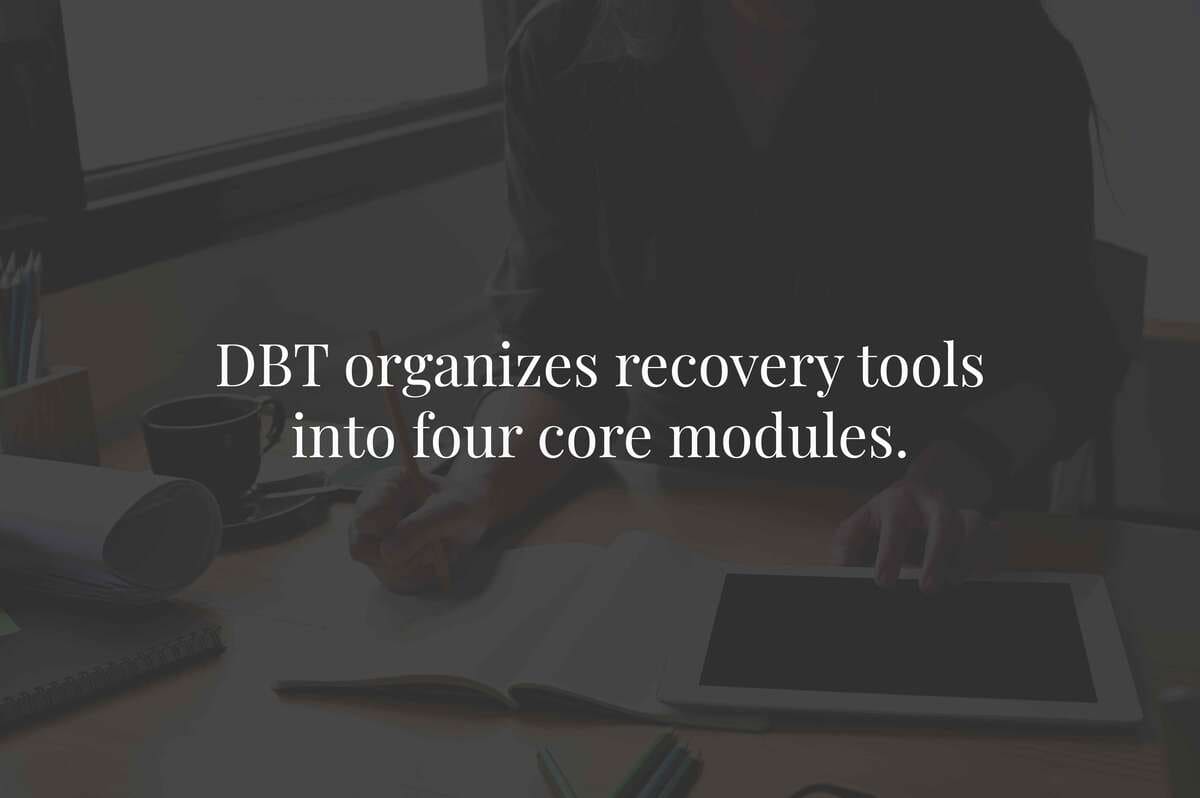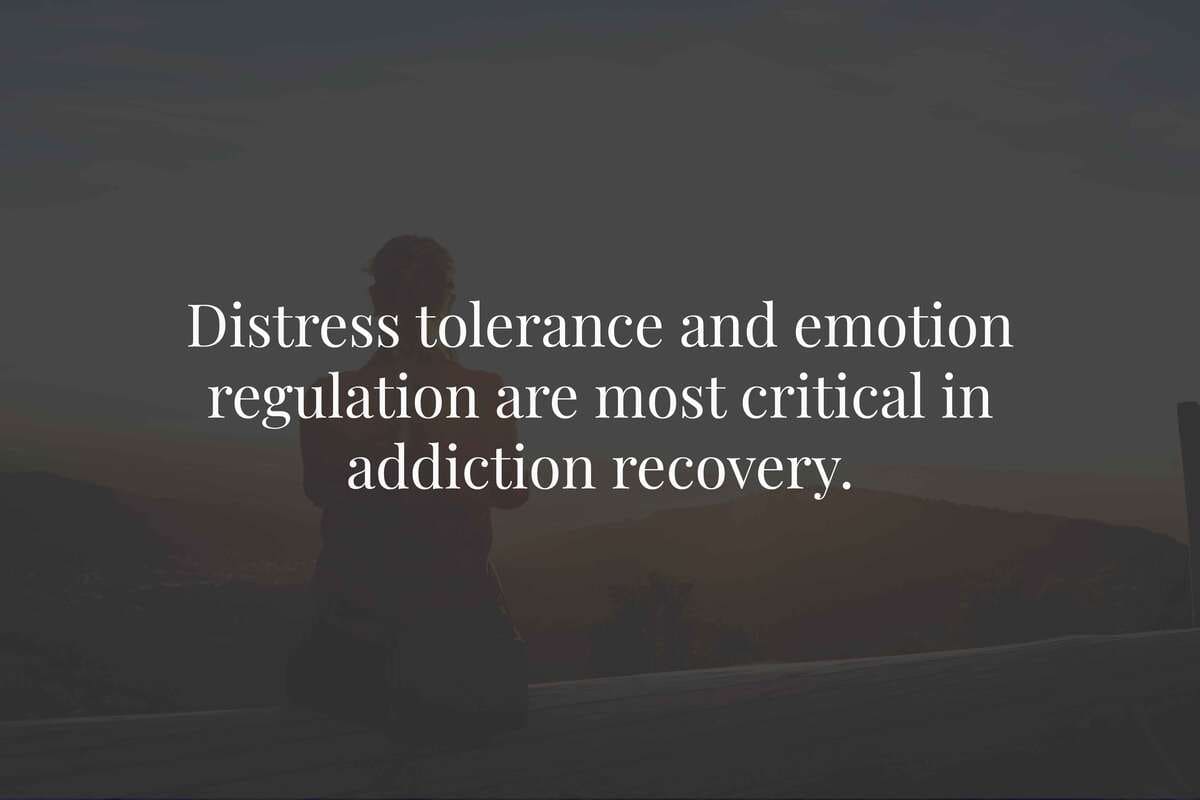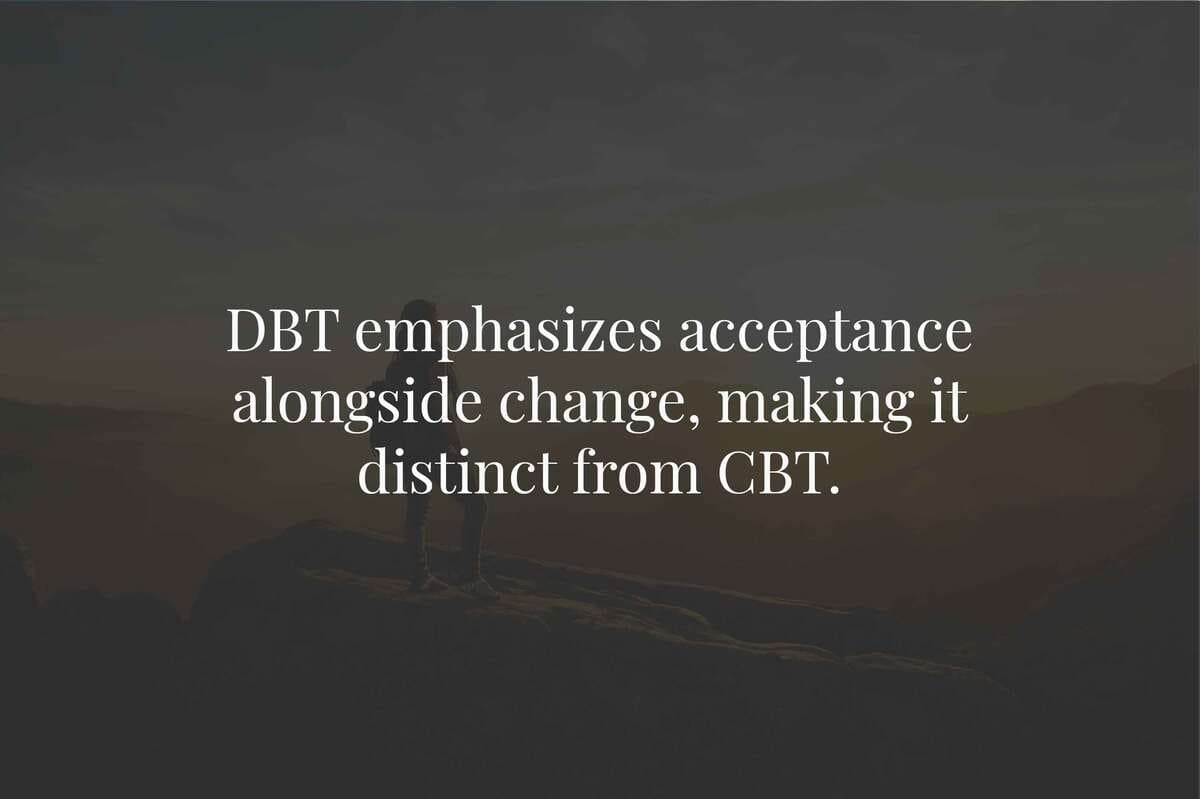Dialectical Behavior Therapy (DBT) offers a structured toolkit of skills that can significantly support addiction recovery. These skills teach individuals how to manage emotions, tolerate stress, and improve relationships—all vital in staying sober and building a healthier lifestyle.
What Are DBT Skills?
DBT skills are evidence-based tools divided into four core modules:
- Mindfulness
- Distress Tolerance
- Emotion Regulation
- Interpersonal Effectiveness
Each module targets a specific area of psychological functioning, allowing individuals to respond to difficult emotions and situations without turning to harmful coping strategies like substance use.

1. Mindfulness Skills
Mindfulness is the foundation of DBT. It teaches individuals to focus on the present moment without judgment.
Key Mindfulness Techniques:
- Observe: Notice thoughts, emotions, and physical sensations.
- Describe: Put words to what you're experiencing.
- Participate: Fully engage in the present activity.
These skills reduce automatic, impulsive behaviors common in addiction by promoting intentional action.
2. Distress Tolerance Skills
Distress Tolerance helps individuals cope with crises and emotional pain without resorting to substances.
Helpful Tools:
- TIPP Skills (Temperature, Intense Exercise, Paced Breathing, Paired Muscle Relaxation)
- Self-Soothing: Use the five senses to calm yourself.
- Distraction: Temporarily divert attention to a neutral or pleasant activity.
In early recovery, cravings and emotional overwhelm are common. Distress tolerance skills offer safe ways to ride those emotional waves without relapse.
3. Emotion Regulation Skills
Emotion Regulation helps individuals understand and manage intense feelings.
Key Techniques:
- Identify and label emotions
- Check the facts to assess whether emotional reactions are justified
- Opposite Action: Do the opposite of what your emotion urges if it’s unhelpful (e.g., act kindly when angry)
Emotion regulation is especially critical in relapse prevention. Substance use often stems from the inability to manage fear, shame, or anger.
4. Interpersonal Effectiveness Skills
Interpersonal Effectiveness focuses on maintaining relationships while asserting personal needs.
Examples:
- DEAR MAN (Describe, Express, Assert, Reinforce, Mindful, Appear Confident, Negotiate)
- GIVE and FAST skills for maintaining self-respect and building trust
Poor communication and unstable relationships are often triggers for substance use. These skills teach how to navigate conflict and ask for help—key in recovery environments.
Which DBT Skills Are Most Effective in Recovery?
While all four modules matter, individuals in addiction recovery often benefit most from:
- Distress tolerance during the early stages of sobriety
- Emotion regulation when dealing with underlying mental health issues
- Interpersonal effectiveness for navigating group therapy, family reintegration, or sober living
Mindfulness, while foundational, strengthens all other skills and promotes self-awareness.

DBT vs Other Therapeutic Approaches
DBT is distinct because of its emphasis on validation and acceptance alongside change. It doesn’t just teach you how to change your behavior—it first acknowledges your struggle, which many in addiction treatment find deeply meaningful.
Unlike Cognitive Behavioral Therapy (CBT), which focuses more on thought patterns, DBT centers emotional resilience and interpersonal dynamics. That said, both therapies are often used together for a well-rounded treatment plan. Learn more about DBT.

Expanding Recovery with Related Strategies
When it comes to specific modules like distress tolerance, skills like the TIPP technique can offer instant tools to de-escalate cravings or panic. Learning how to apply these under pressure can make a major difference.
Developing emotion regulation takes longer but is equally transformative. By addressing long-standing patterns of emotional reactivity, clients start to rebuild healthier coping habits.
To compare DBT with similar modalities like CBT, exploring articles such as “CBT vs. DBT: Understanding the Key Differences” can offer more clarity for those unsure which approach fits best.
For those using DBT in group therapy, it's helpful to understand how DBT structure shapes group dynamics and peer support. You’ll find that in “DBT in Group Therapy: What to Expect and Why It Works.”



